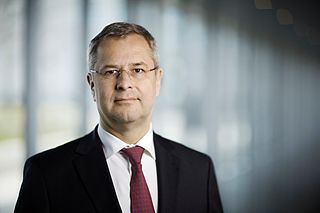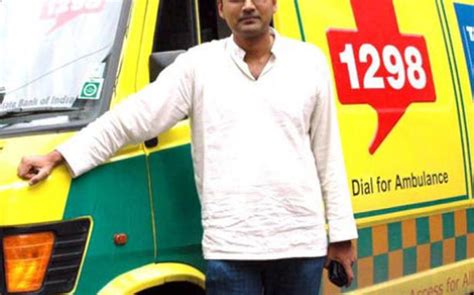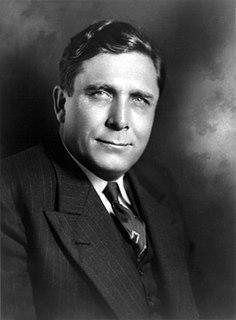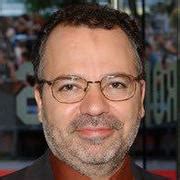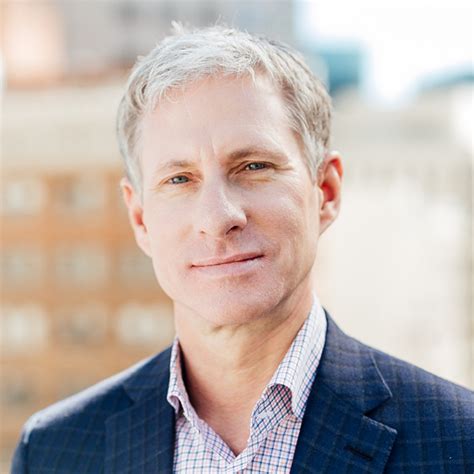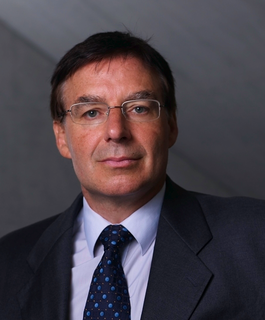A Quote by Chanda Kochhar
We believe that rural India is going to be the next driver of growth. You cannot make money overnight there, as you have to set up infrastructure there; the value of transactions is lower - you need a few years before you can really make all those businesses profitable.
Related Quotes
So many businesses get worried about looking like they might make a mistake, they become afraid to take any risk. Companies are set up so that people judge each other on failure. I am not going to get fired if we have a bad year. Or a bad five years. I don’t have to worry about making things look good if they’re not. I can actually set up the company to create value.
I am proud of my country. But we need to unite to make a unified India, free of communalism and casteism. We need to build India into a land of equal opportunity for all. We can be a truly great nation if we set our sights high and deliver to the people the fruits of continued growth, prosperity and equal opportunity.
We didn't set out to make some polemic about life in the digital age, I can only react emotionally to story ideas. You hear an idea and you go, 'That's cool. I can see spending a few years of my life working on that.' As a filmmaker, you approach it like, 'OK. They're going to give you all this money to make this movie. It's like an electric train set you get to play with.'
Growth isn't central at all, because I'm trying to run this company as if it's going to be here a hundred years from now. And if you take where we are today and add 15% growth, like public companies need to have for their stock to stay up in value, I'd be a multi-trillion-dollar company in 40 years. Which is impossible, of course.
I came into politics partly because I want to be able to reduce taxes so that individuals have more of their money to spend, so that businesses have more of their money to create jobs, but I believe that lower taxes are sustainable when you get the public finances in order, so I will only make promises I can keep on taxation.
...the mass media. What are they? They're huge corporations, massive corporations, linked up with even bigger corporations. They sell audiences to other businesses, namely advertisers. So when you turn on the television set, CBS doesn't make any money. They make money from the advertisers. You're the product that they're selling, and the same is true of the daily newspaper. They're huge corporations, selling audiences, potential consumers, to other businesses, all linked up closely to the government, especially the big media. What picture of the world do you expect them to present?


